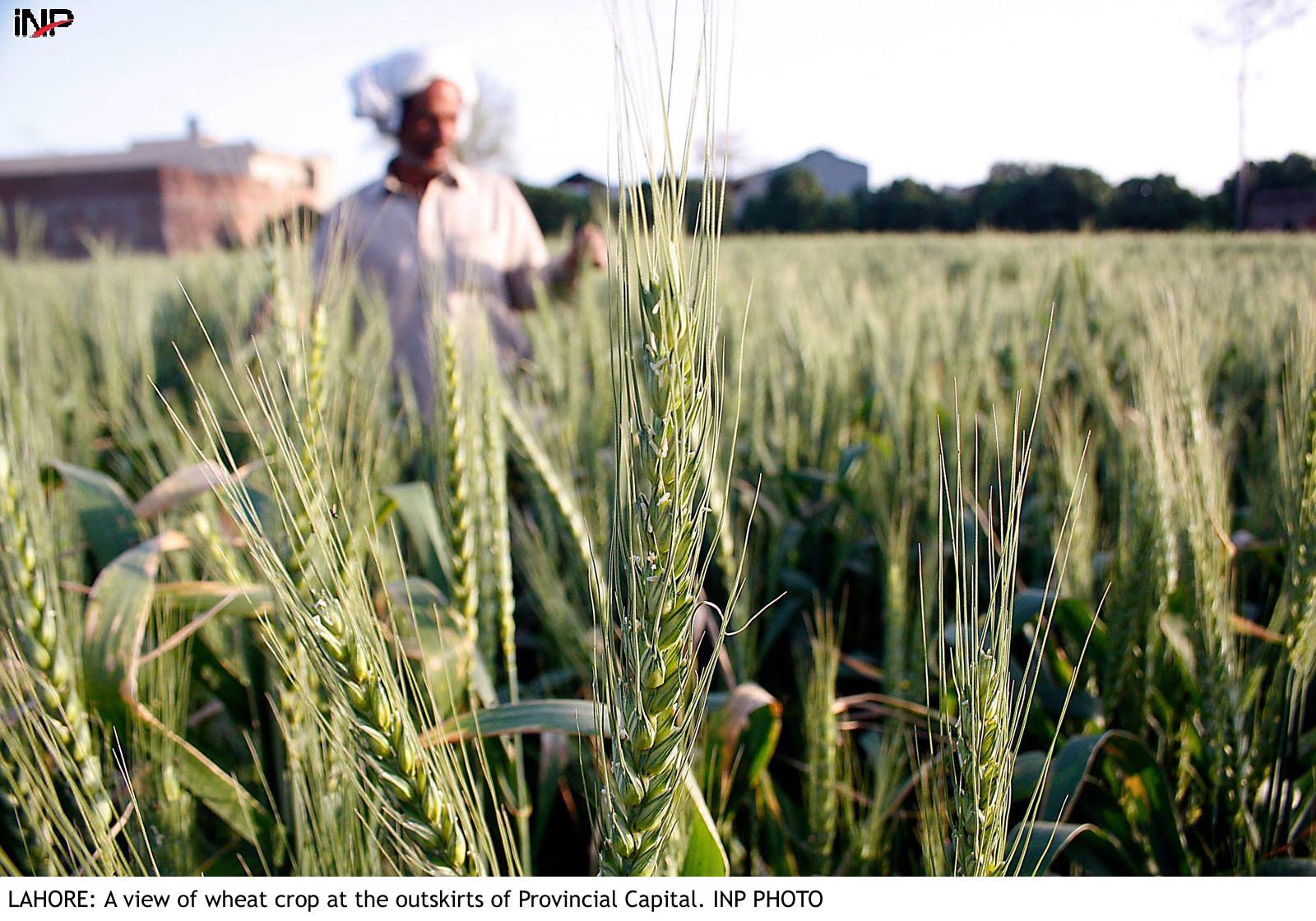
It seems the Sindh government has finally realised that its pitiful record on the provincial tax collection is hardly sustainable.
While announcing the establishment of a dedicated Tax Reform Unit during the Sindh budget speech on Friday, Chief Minister Syed Qaim Ali Shah said the provincial government aims to increase its tax receipts from Rs91.3 billion to Rs200 billion over the next three years.

Estimated provincial tax receipts amounting to Rs107 billion constitute merely 15.9% of the total receipts of the province projected for 2014-15. In other words, the Sindh government finds itself largely dependent on federal transfers of money, which constitute as much as 70.5% of the total provincial receipts that are projected to be Rs672.1 billion in the next fiscal year.
As if the extremely low share of the tax receipts in the overall provincial receipts was not embarrassing enough, a quick look at the breakdown of Sindh’s tax revenues reveals a sharp tilt towards indirect taxation.
Indirect taxes, which are regressive by nature, form as much as 90.7% of the total projected provincial tax receipts for 2014-15. Direct taxes, which include the tax on agriculture income, amount to just Rs9.9 billion, or 9.2%, of the total provincial tax receipts.
In the absence of resource mobilisation at the provincial level, especially by means of direct taxes, it is least surprising that the Sindh government repetitively complains about the ‘highly unpredictable’ federal transfers every year.
This begs the question as to why the provincial government is so unconcerned about increasing its tax revenues through direct taxation.
According to Sindh’s former (caretaker) minister for finance Syed Shabbar Zaidi, the provincial government does not want to collect taxes simply to protect the vested interests.
“Tax is an urban issue in Pakistan. Its collection is limited to big cities only,” he told The Express Tribune in a pre-budget interview.
Indeed, the amount collected as the tax on agriculture income, which was imposed in the province back in 2002, is shockingly low. The provincial government had initially estimated the tax on agriculture income to be Rs468.6 million in 2013-14, but revised it to Rs426.5 million later on, down by almost 9%. The budget estimate for the tax on agriculture income in 2014-15 is only Rs512.1 million.
It means the tax target for agriculture income for the next fiscal year comes around 0.4% of the total projected provincial tax receipts.
Quite tellingly, the amount of Rs512.1 million is considerably lower than the non-tax receipts of Rs546 million that the government expects to receive in 2014-15 through fees drawn by government’s educational institutes, including secondary and intermediate schools, technical colleges and universities.
Furthermore, a quick review of the estimates of expenditures reveals that the government has promised agriculture subsidies, which exclude administration expenses, amounting to a staggering Rs3.1 billion in 2014-15.
With heavy subsidies and near-absence of taxation on the income on agriculture, no wonder the provincial government is going to rely on indirect taxation by means of sales tax on services (Rs49 billion), provincial excise tax (Rs3.8 billion), stamps duty (Rs9.8 billion) and motor vehicle taxes (Rs5.1 billion).
“It’s been 12 years and the Sindh government has yet to establish an SRB-like, dedicated body for the collection of the tax on agriculture income,” Zaidi said while referring to the Sindh Revenue Board that is tasked with the sole purpose of collecting sales tax on services in the province. “Who will tax the income on agriculture if there is not even a full-time provincial secretary for this purpose?”
Published in The Express Tribune, June 14th, 2014.
Like Business on Facebook, follow @TribuneBiz on Twitter to stay informed and join in the conversation.
COMMENTS (5)
Comments are moderated and generally will be posted if they are on-topic and not abusive.
For more information, please see our Comments FAQ

1731933289-0/BeFunky-collage-(68)1731933289-0-165x106.webp)


1729662874-0/One-Direction-(1)1729662874-0-165x106.webp)












article mentions sindh's reliance on federal government for budget.This merely means federl government's contribution other than what sindh itself collects ithroughprovincial taxation system when we talk about the federal government's contribution,we must talk about how federal government gets funds to finance the country's tax including sindh's.its through borrowing and federal taxes collected through FBR.It is no mystery that in the country's federal taxes sindh is the largest contributor with karachi alone contributing 60% of taxes in the country.Hence the 600 plus billion budget is still small for sindh considering KPK has 404 billion rs budget.
ET, whenever doing budget / tax / economic data please include some sorts of graphics or graphs. It gives an average reader a better understanding of the subject matter.
regards,
Expecting wadera corruption party to tax waderas is like expecting robbers to catch robbers. Nevertheless the wadera corruption party waderas have Karachi to loot and destroy
With heavy reliance on federal govt, Sindh keeps agriculture tax elusive
Like the situation is different in the "good governed" Punjab.
FBR has about 29,000 staff.In over 65 years,has FBR been able to bring the Retail sector into Tax Net. Answer is NO. Not even 5% of the Retail sector is in tax net So how can provinces with absolutely small staff bring agriculture sector into tax net.? So what is the solution:
1) Out source tax collection both at Federal and Provincial level 2) Give tax collection function at Retail tax level and agriculture tax to Local Government.Let them collect taxes, keep 25% and pass the balance to Provincial Government and Federal Government as the case may be